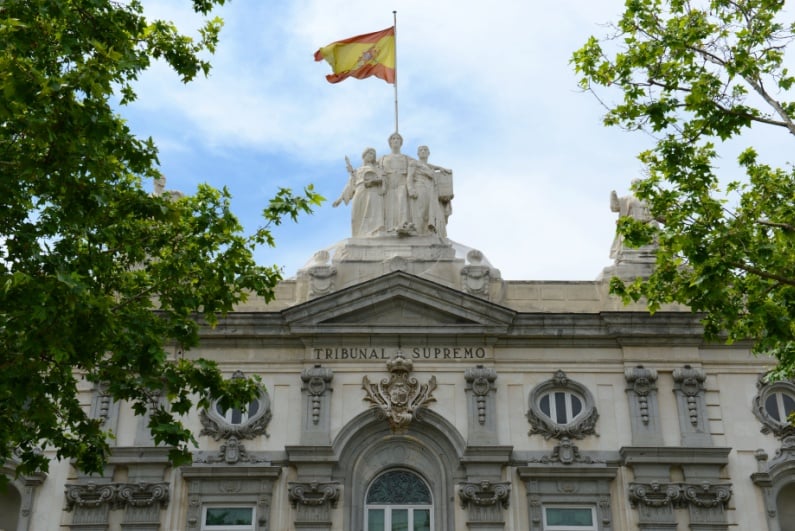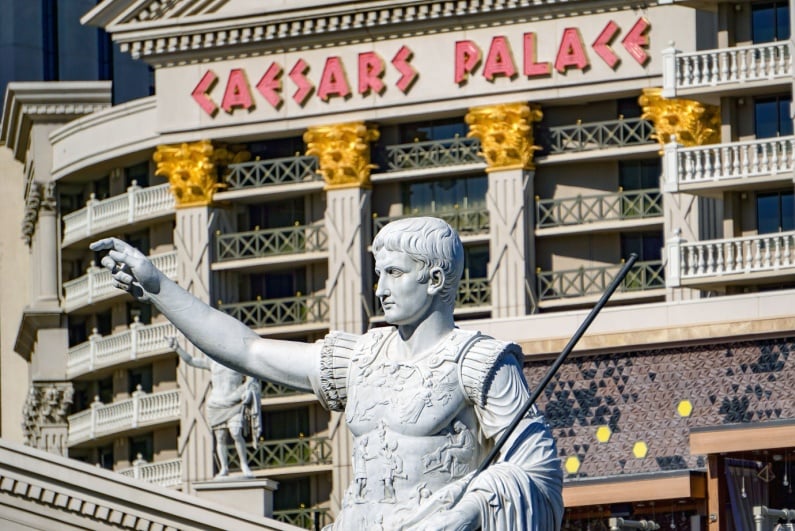Unexpected boost
The Supreme Court of Spain has given the country’s gaming operators an unexpected boost by overturning key gambling ad restrictions.
The Supreme Court partially upheld a Spanish Digital Gaming Association (Jdigital) appeal against Royal Decree 958/2020, a mandate that imposed federal curbs on gambling ads across Spanish media. The Royal Decree was drafted in November 2020 under Spain’s PSOE-coalition government, which pushed for federal reform of the country’s gambling legislation.
axing multiple Royal Decree measures because they lacked legal basis
The Supreme Court’s decision means it has axed several of the Royal Decree measures, including a ban on celebrities appearing in ads. While the Spanish Constitutional Court in November rejected an appeal by Jdigital, Spain’s online gambling trade body, the country’s highest court had other ideas this week, axing multiple Royal Decree measures because they lacked legal basis.
Measures tumble
While the annulment of Article 15, which banned people both real and fictional of “public relevance and notoriety” from appearing in ads, is a headline grabber, other measures overturned by the Supreme Court will delight Spanish gambling operators even more.
Article 13’s demise will get marketing departments’ creative juices flowing. Now, Spanish gambling operators can market to new customers from the get-go, rather than having to wait 30 days. Plus, gambling firms can now advertise to the public in retail outlets selling lottery games, iGB reported on Wednesday.
The stripping out of Sections 2 and 3 of Article 26 means operators can advertise on social media to anyone aged 18 or over. Also tossed were Section 1 of Article 23 and Section 3 of Article 25, which now allows operators to run gambling ads on video sharing platforms like Twitch, Kick, and YouTube.
ruling considers that advertising is part of the freedom of business”
“The ruling considers that advertising is part of the freedom of business,” the Supreme Court stated when announcing its measure cuts.
Welcome news
Gaming specialist law firm LOYRA Abogados was assisting one of the plaintiffs. Partner Patricia Lalanda told iGB she didn’t expect the news:
“When we received the judgment, the ruling of partial upholding of the appeal, annulling some of the most relevant articles of Royal Decree 958/2020 on commercial gaming communications, we were very surprised.”
Not overturned by the Supreme Court were sport sponsorship curbs. Gambling firms still cannot sponsor sporting events or broadcasts, or sponsor activities linked to sports facilities.
Despite this, Lalanda believes the Supreme Court’s overturned measures are sufficient enough. She said the ruling meant it was not “in the interest of the gaming industry or others affected” to fight against the remaining limitations.




